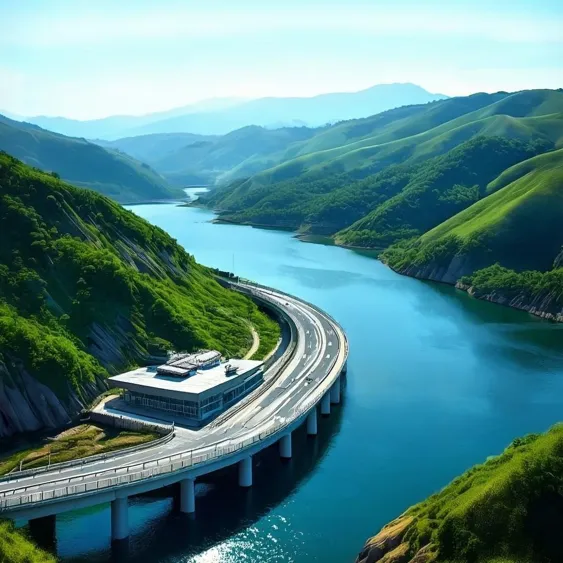Norway's Carbon Transport Port: A Climate Action Landmark

The construction of the world's first carbon transport port in Norway is a crucial milestone in global efforts to combat climate change. As societies increasingly acknowledge the urgent need to reduce greenhouse gas emissions, innovative solutions like carbon capture and storage are gaining momentum. This effort underscores a larger trend towards sustainability and the lengths to which we must go to ensure a habitable planet for future generations.
This pioneering project involves transporting liquefied carbon dioxide (CO2) from a cement factory by ship to a port where it will be stored more than 2.4 kilometers beneath the sea floor. The Norwegian government has invested significantly in this initiative, covering 80% of its initial $1 billion cost. Major fossil fuel companies, along with EU subsidies, contribute to a path that shows a proactive approach to carbon management. By estimating the ability to store 5 million tons of CO2 annually, the project can potentially offset around 10% of Norway's total emissions. The technology behind this venture includes using amine compounds that bind with CO2, effectively stripping it from emissions before they enter the atmosphere. This method not only showcases an innovative application of chemistry but also highlights the potential for similar techniques to be implemented worldwide.
As carbon neutrality becomes a buzzword across industries, the implications of such projects are far-reaching. They inspire a new narrative in the fossil fuel industry, suggesting that a balance between energy production and ecological responsibility is possible. The tech's ability to capture and store emissions could significantly alter our reliance on fossil fuels and support a transition to renewable energy sources. However, the critical question remains: can these technologies scale efficiently to meet the needs of a growing population, or will they be limited by economic and technical challenges?
Read These Next

AI and Tech Giants Transform Weather Forecasting
This article explores the intersection of AI and traditional weather forecasting, discussing the benefits and challenges of machine learning models in predicting weather amidst the growing complexities of climate change. It highlights the importance of reliable forecasts in mitigating disaster risks and emphasizes the need for a hybrid approach for maximum accuracy and efficacy.

AI Enhances Fertility Treatments Across Mexico
AI revolutionizes fertility treatments as Mexico sees the birth of the first baby from an embryo fertilized entirely by machines.

Google's New AI Search Feature: Insights and Implications
An explanation of Google's new AI search feature in the UK, its functionality, implications for businesses, and its broader societal impact.
